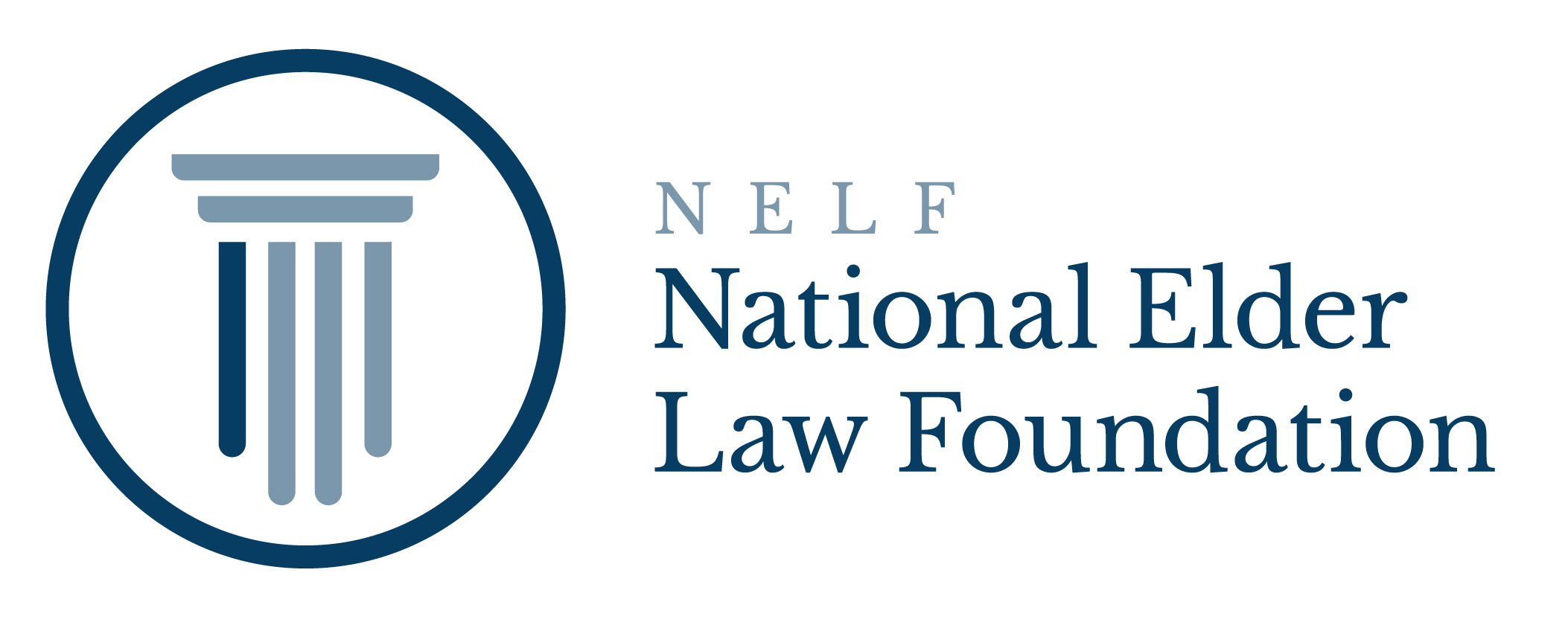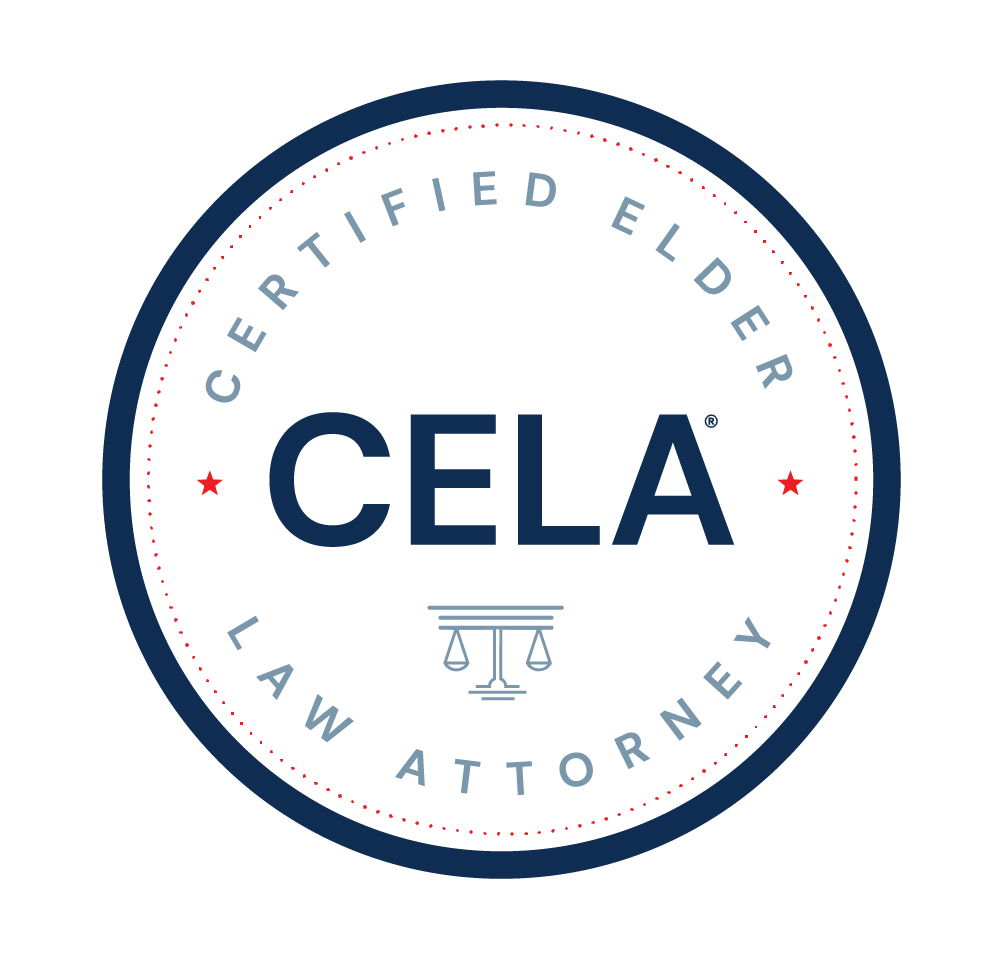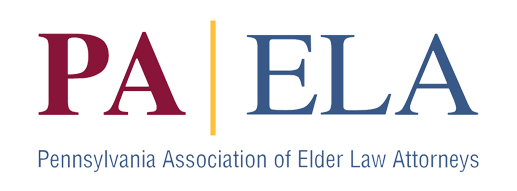What Taxes Will Apply to My Estate After My Death?
After the testator’s death, an inheritance tax is imposed in Pennsylvania when property is bequeathed to individuals who were not close relatives of the deceased person. The tax rate is dependent on how close a relationship existed between the beneficiaries and the testator. A closer relationship results in a lower tax rate. The tax rate for spouses and charitable organizations is zero percent. An inheritance tax is levied when property is left by a resident of Pennsylvania or a nonresident who was the owner of real estate or tangible personal property situated in the state.
In Pennsylvania, there are inheritance tax exceptions for specific types of property. For example, there is an inheritance tax exemption for farmland, provided that the land is left to family members, and continues to be used for agricultural purposes for seven years. Furthermore, small family-owned businesses are exempt from inheritance tax if they have been in operation for a minimum of five years, are left to family members, and remain in existence for an additional seven years.
Other Frequently Asked Questions
- Does Probate Administer All of The Decedent’s Property?
- How Can I Minimize The Taxes For My Estate?
- How Does A Living Trust Apply in Pennsylvania?
- How Does the Medicaid Look-Back Period Work?
- How Should I Plan For My Minor Children?
- Should You Discuss Your Estate Plans With Your Adult Children?
- What Are the Most Common Estate Planning Mistakes?
- What Is A Special Needs Trust?
- What Is A Spendthrift Trust?
- What Is A Will Contest?
- What Is Probate in Pennsylvania?
- What Is The Difference Between Medicare and Medicaid?
- What Is The Purpose of a Special Needs Trust?
- What Is The Simplified Probate Procedure For Small Estates in Pennsylvania?
- What Seniors Need to Know About Strategic Gifting
- What Taxes Will Apply to My Estate After My Death?









